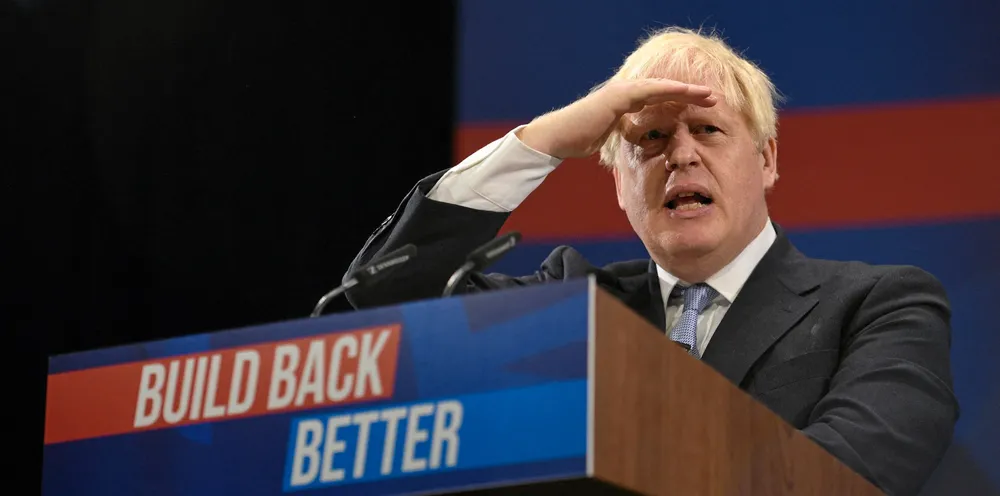Devil in the detail of Johnson's UK power shift, US wind sparks fly, and BP's green Blueprint
Our curation of the must-read news and analysis from the-week-that-was in the global renewables industry

Our curation of the must-read news and analysis from the-week-that-was in the global renewables industry
